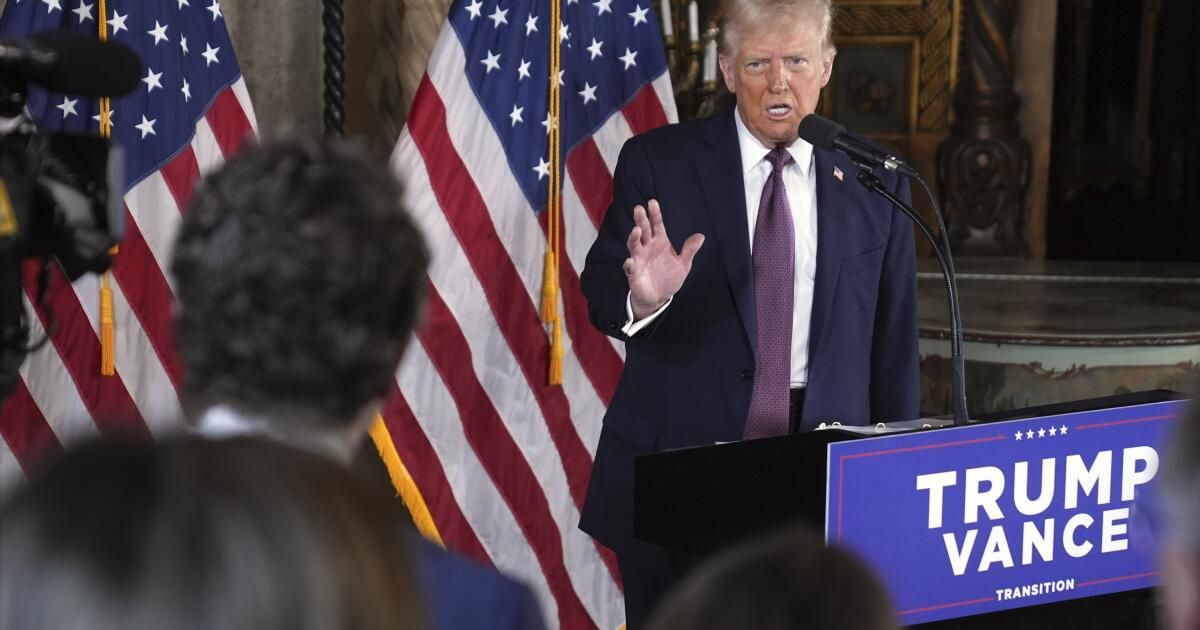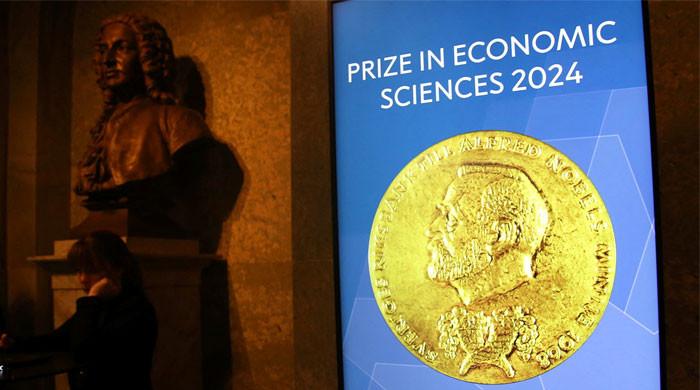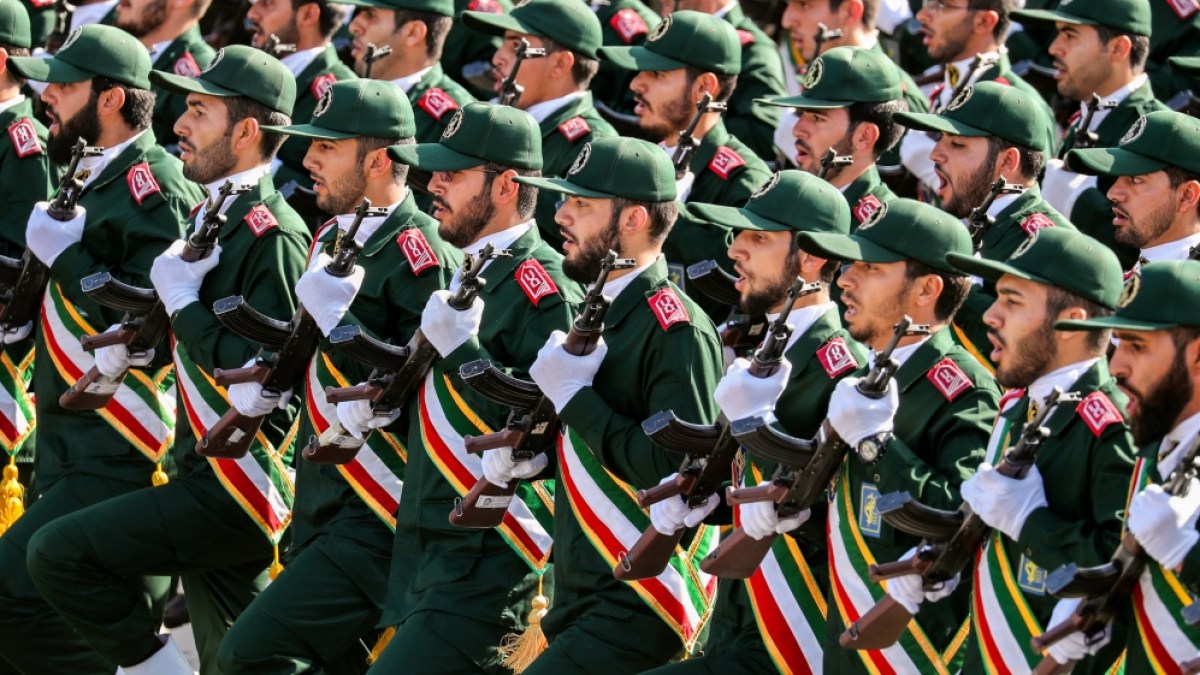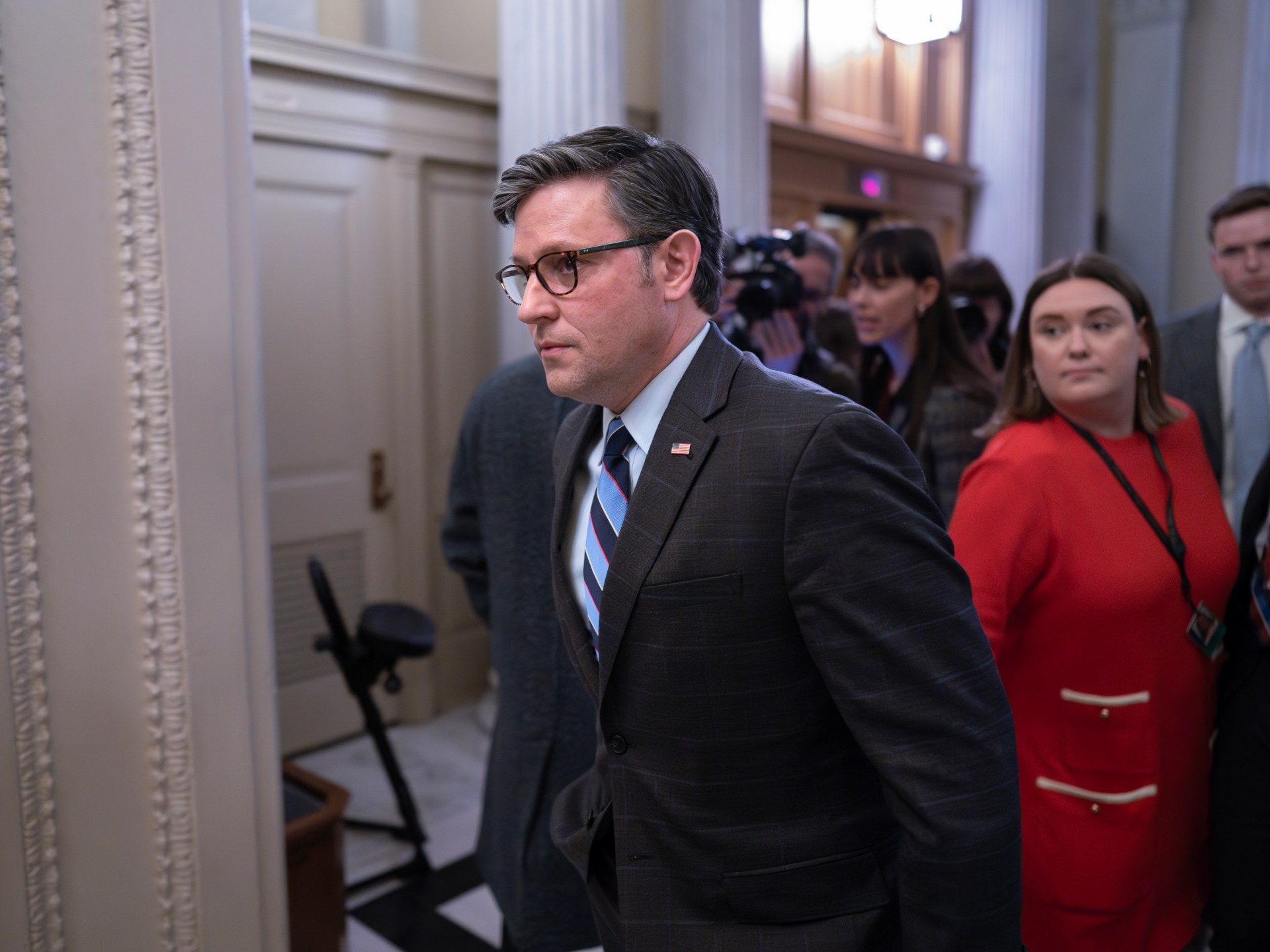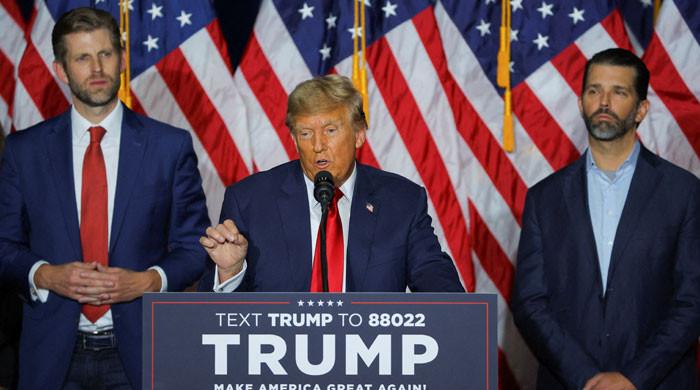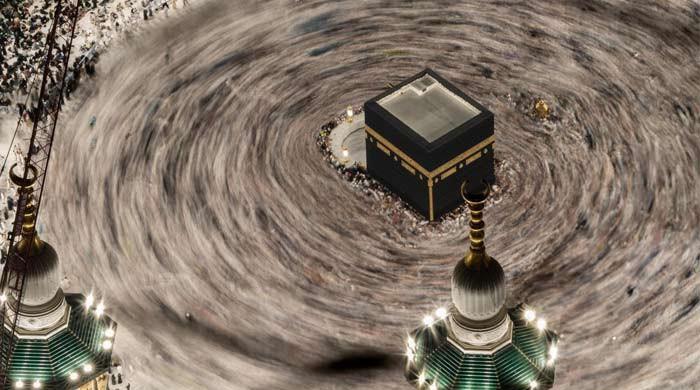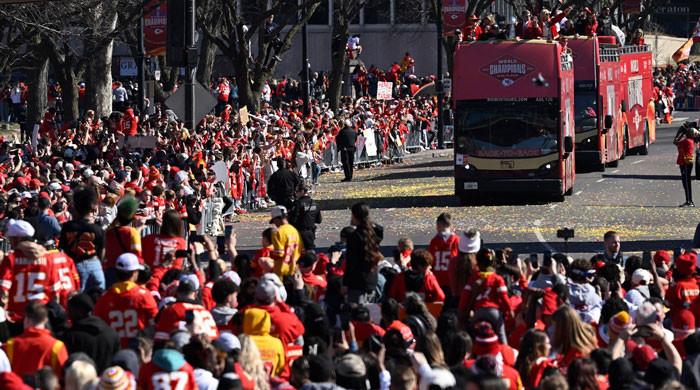WASHINGTON- Although President-elect Donald Trump won't take office for nearly two weeks, he's already making his “America First” mantra a priority — and it may include other parts of the world.
Trump proposed changing the name of the Gulf of Mexico and did not rule out the use of military force in Panama in a press conference that addressed several hot-button foreign policy issues on Tuesday.
“All hell will break loose in the Middle East”
Trump intervened in the ongoing war between Israel and Hamas in Gaza, promising to carry out vague threats if the hostages are not returned to Israel before Inauguration Day.
“If they are not back when I take office, all hell will break loose in the Middle East, and it won't be good for Hamas and, frankly, it won't be good for anyone,” he said.
Dozens of people remain hostages in Gaza, 15 months after the October 7, 2023 attack on Israel, when Hamas killed about 1,200 people and took captive about 250 more. Since then, Israel has bombed Gaza and the West Bank, killing more than 45,000 Palestinians, according to local health authorities.
The United States has been negotiating with Israel and Hamas, as well as other states in the region, to end the conflict and free the hostages for more than a year, making steady progress but not reaching an agreement. Trump's special envoy for the Middle East, Steve Witkoff, said at Tuesday's news conference that he was traveling to Doha, the capital of Qatar, to continue negotiations, even though the Trump administration will not take office for two more. weeks.
“I think we've made great progress and I'm very hopeful that by the inauguration we'll have some good things to announce on behalf of the president,” Witkoff said. It's unclear what actual authority Witkoff has before Trump becomes president.
'Gulf of America'
As always, Trump's attention quickly focused on the southern border, where he said the administration would rename the Gulf of Mexico the “Gulf of America.”
“Which sounds beautiful,” he said. “That covers a lot of territory, the Gulf of America. What a beautiful name. And it is appropriate.”
The Gulf of Mexico covers the entire eastern coast of Mexico and extends from the southern tip of Texas to the bottom of Florida. Trump reiterated that he planned to establish tariffs on Mexican products, as a way to make the southern neighbor pay for allowing drugs and immigrants to enter the United States.
Trump's tariff threats have sent shivers through Mexico's leadership as President Claudia Sheinbaum, who took office on Oct. 1, faces her first potential crisis.
The president has gone to great lengths to try to convince Trump's team that Mexico is cracking down on fentanyl trafficking and illegal migration. But he has also had to navigate a delicate balancing act: not offending Trump while defending Mexico's sovereignty under tariff threats, which, if implemented, experts say, could send Mexico into a deep recession and trigger retaliatory tariffs by Mexico against imports. of American goods.
Mexico is the United States' largest trading partner, with round-trip trade exceeding $800 billion annually.
Sheinbaum announced a campaign against the domestic use of fentanyl in Mexico at his regular morning press conference on Tuesday. He reiterated his country's efforts to stop the production and distribution of fentanyl destined for US markets.
“We are fighting” the distribution of fentanyl, Sheinbaum told reporters, citing the recent seizure of more than 500,000 fentanyl pills (the largest such seizure in Mexico's history) in the northwestern state of Sinaloa, a production center and distribution of fentanyl.
Trump also intensified his rhetorical broadsides against Mexico, claiming that Mexico “is essentially governed by cartels. ….I can't let that happen. Mexico is really in trouble. Many problems. “A very dangerous place.”
Mexican authorities have repeatedly denied that cartels control the country, although security experts say organized crime dominates vast swaths of Mexican territory. Mexican officials have also rejected suggestions by Trump and his allies of possible U.S. military strikes against cartel strongholds, and have rejected the idea (occasionally floated by Trump and his supporters) of designating Mexican cartels as terrorist organizations.
President-elect Donald Trump at Tuesday's press conference.
(Evan Vucci / Associated Press)
Trump does not rule out using the military in Panama or Greenland
The president-elect targeted the Panama Canal, one of his frequent objectives in recent times. He alleged that the canal is in poor condition and that China should foot the bill to fix it, adding that the United States is charged more to use the commercial waterway than other countries.
The United States is one of the largest users of the waterway, and rates, although lower than those of other canals such as the Suez, have increased due to the drought afflicting much of Central America, exacerbated by climate change caused by the man. Trump has falsely claimed that Chinese soldiers are operating the canal, although it is true that China has made infrastructural and economic advances in Panama and throughout the region.
“They have overcharged our ships, our Navy, and then when they need money for repairs, they come to the United States to pay for it. “We received nothing,” he said. “Those days are over.”
He also referred to the annexation of Greenland, an island with about 56,000 inhabitants that is the territory of Denmark.
“We need Greenland for national security reasons,” Trump said. “I'm talking about protecting the free world. You don't even need binoculars. If you look outside, you will see Chinese ships everywhere. You have Russian ships everywhere. “We are not going to allow that to happen.”
Greenland's prime minister quickly rejected any suggestion of a Trump power grab.
“Greenland belongs to the Greenlanders,” Prime Minister Mette Frederiksen said, according to TV 2.
“As President, I want to express precisely that every square meter of the Panama Canal and its adjacent area belongs to PANAMA, and will continue to do so,” Panamanian President José Raúl Mulino said in a statement last month. “The sovereignty and independence of our country are not negotiable.”
When a reporter asked Trump on Tuesday if he would commit to not using “military or economic coercion” in Panama or Greenland, Trump's response came quickly: “No.”
Trump also added that negotiating Panama's maintenance of the canal was one of the failed legacies of the late President Carter, whose funeral Trump will attend this week. In fact, control of the canal through Panama – long a symbol of US imperialism – ended at the behest of the US military, which said, long before Carter took office, that maintaining and operating it was not sustainable. Carter's decision was widely acclaimed and earned the United States great political capital throughout Latin America.
Pinho and Wilkinson reported from Washington, DC McDonnell reported from Mexico City.

